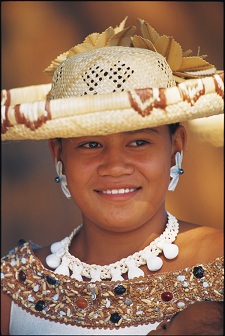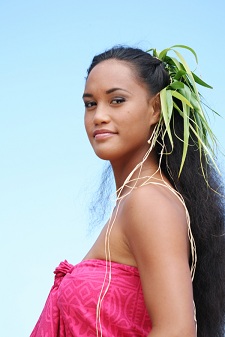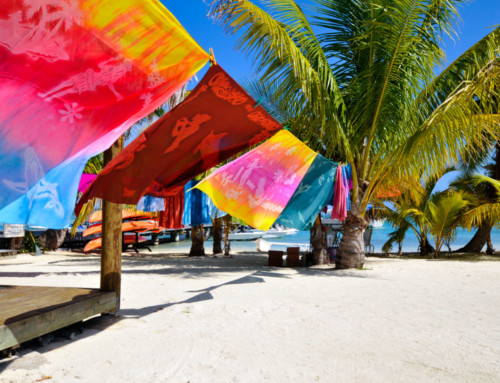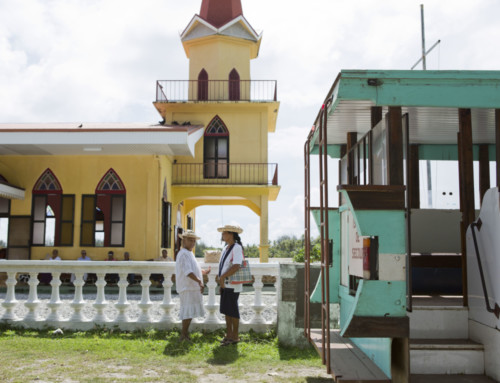Project Description
Talking together
The language used here is commonly French, the Polynesian languages being less and less spoken in Tahiti. However in the islands, they are still quite present, without forsaking the Language of Molière.
The Polynesian population often tends to mix the language of their island with French – sometimes giving original but indiscernible expressions for an uninitiated person.
- “Fiu (pronounced – few)” meaning “Bored” and employed to express ones weariness towards an activity or a situation.
- “Ho’i (pronounced – ho’ee)” used in a conversation to affirm one’s agreement with one’s interlocutors
- “Pai (pronounced – pay)”, the word “pai ” is often added to give intensity to the stated sentence
It would also be useful to have a Franco-Tahitian lexicon which you can find in a bookstore.
Here are some basic translations:
- la Orana = Hello
- Nana = goodbye
- Maeva = Welcome (usually used for people of high rank or who you want to put on a pedestal)
- Maitai (pronounced Maytay) = I am well – Good
- Mauruuru = Thank you
- Aita (pronounced Ayta) = No
- E = Yes
It is essential to keep in mind that French Polynesia is made up of 5 archipelagos and thus of as many languages: Tahitian (Society Archipelago), Paumotu (Tuamotu Archipelago), Ma’areva (Gambiers Archipelago), Tuha’a Pae (Austral Archipelago), Marquisian (Marquesas Archipelago).
However, the few translations quoted above are used in all of these islands. To soak up our culture and our languages even more, do not hesitate to ask the locals and thus learn a few more.
Another specificity of Tahiti and Her Islands: the use of the French “tu”. The majority of Polynesians say “tu” to each other, sometimes considering the use of “vous” as a mark of arrogance.





